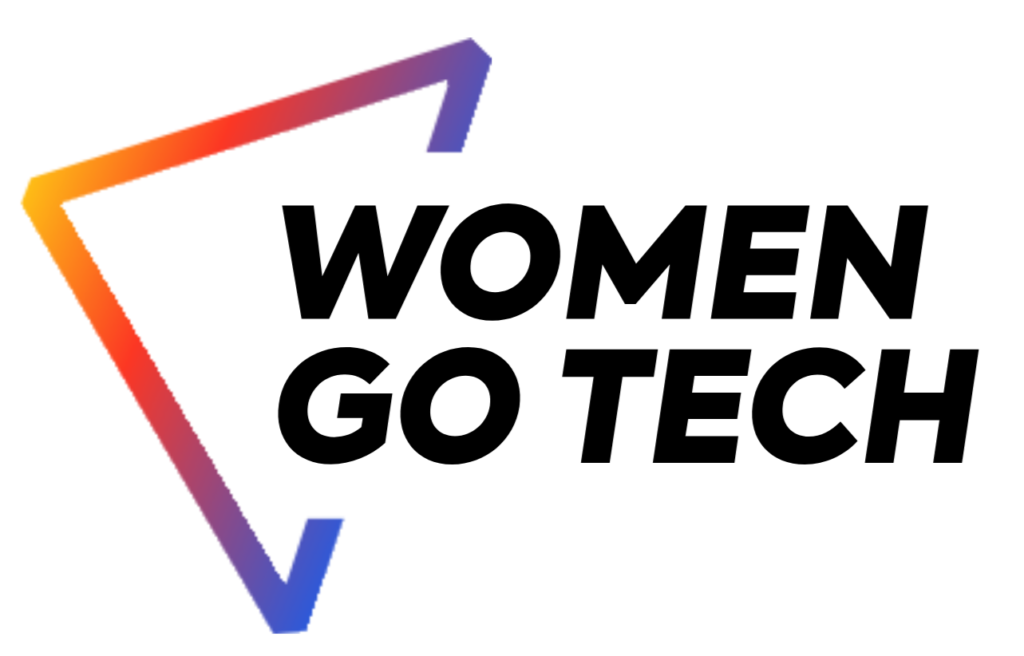|
Getting your Trinity Audio player ready…
|
Dive Deeper: Unveiling the Nuances of Software Development and Quality Assurance
The world of technology is a vast and ever-evolving landscape. At the heart of this digital revolution lie two crucial fields: Software Development (SD) and Quality Assurance (QA). Today, we’ll take a magnifying glass to these areas, exploring the specific skills and complexities that make them both challenging and rewarding.

Software Development: Architects of the Digital Age
Imagine the intricate network of code behind your favorite online game, or the complex algorithms that power a cutting-edge recommendation engine. Software Developers are the masterminds behind these creations. They wield various programming languages like Python, Java, or JavaScript to bring ideas to life. But their craft goes beyond simply writing code. Here’s a closer look at their responsibilities:
- Front-End vs. Back-End Development: The digital world we interact with is divided into two sides: the user interface (UI) and the back-end. Front-end developers focus on the UI, crafting the visual elements and functionalities we see on screen. Back-end developers, on the other hand, build the core functionalities that power the application behind the scenes, from data storage to complex calculations.
- Problem-Solving at its Finest: SDs are like detectives who solve puzzles with code. They analyze requirements, identify potential challenges, and devise creative solutions using their programming expertise. Critical thinking and the ability to break down complex problems into manageable steps are essential for success.
- Version Control and Collaboration: Software development is rarely a solitary endeavor. Developers collaborate in teams, utilizing version control systems to track changes, merge code efficiently, and avoid conflicts. Effective communication and the ability to work seamlessly with others are key.
Quality Assurance: Ensuring Flawless Operation
While SDs build the software, QAs are the guardians who ensure it functions flawlessly. They act as the bridge between developers and users, identifying any glitches or errors that might hinder the user experience. Here’s what a typical QA specialist might do:
- Test Design and Automation: QAs don’t just click around randomly. They meticulously design test plans, outlining various scenarios and functionalities to be tested. They may also leverage automation tools to streamline repetitive testing processes.
- Usability Testing: A user-friendly interface is crucial for any application. QAs play a vital role in usability testing, evaluating how users interact with the software and identifying areas for improvement. This might involve conducting user interviews or observing user behavior during testing sessions.
- Bug Tracking and Reporting: No software is perfect. When QAs encounter issues, they meticulously document the bugs, including detailed descriptions and steps to reproduce them. This clear communication is essential for developers to effectively troubleshoot and fix the problems.
- Understanding Different Testing Methodologies: There’s no one-size-fits-all approach to QA. Different testing methodologies exist, such as functional testing (ensuring core functionalities work as intended), performance testing (evaluating speed and stability), and security testing (identifying potential vulnerabilities). QAs need to understand and implement the appropriate methodologies based on the specific software they’re testing.
Why SD and QA are Hot Careers
The tech industry is booming, and skilled SDs and QAs are highly sought-after. Here are some compelling reasons to consider a career in these fields:
- High Demand and Lucrative Opportunities: With the ever-increasing reliance on technology, the demand for skilled developers and testers is skyrocketing. This translates to excellent job security and competitive salaries.
- Continuous Learning and Growth: The tech landscape is constantly evolving, with new technologies and programming languages emerging all the time. A career in SD or QA requires a commitment to continuous learning, keeping you at the forefront of innovation.
- Direct Impact and Problem-Solving: The applications you build or test have the potential to impact millions of users. Whether it’s creating a user-friendly e-commerce platform or ensuring a secure banking app, your work directly contributes to solving real-world problems and improving people’s lives.
Looking to build a career in one of these fields? Apply to our Acceleration program, designed to help you transition to tech with ease. The admissions for the Software Development & QA tracks start on April 17th and end on May 27th.
